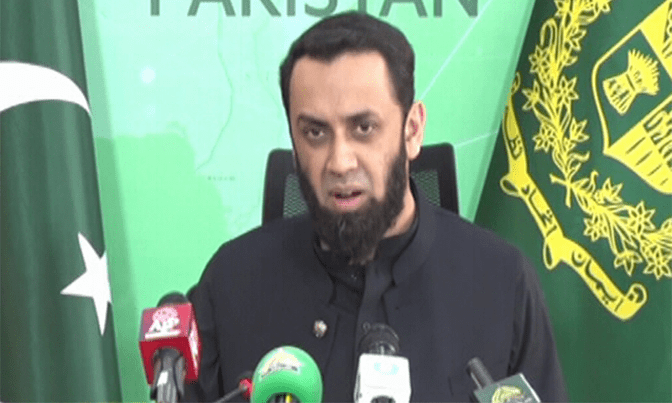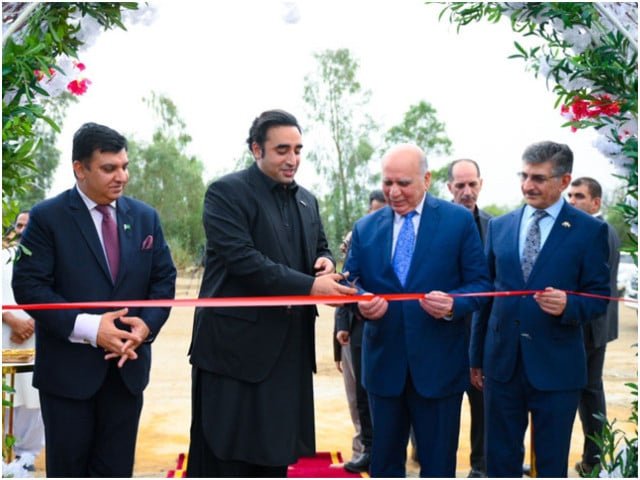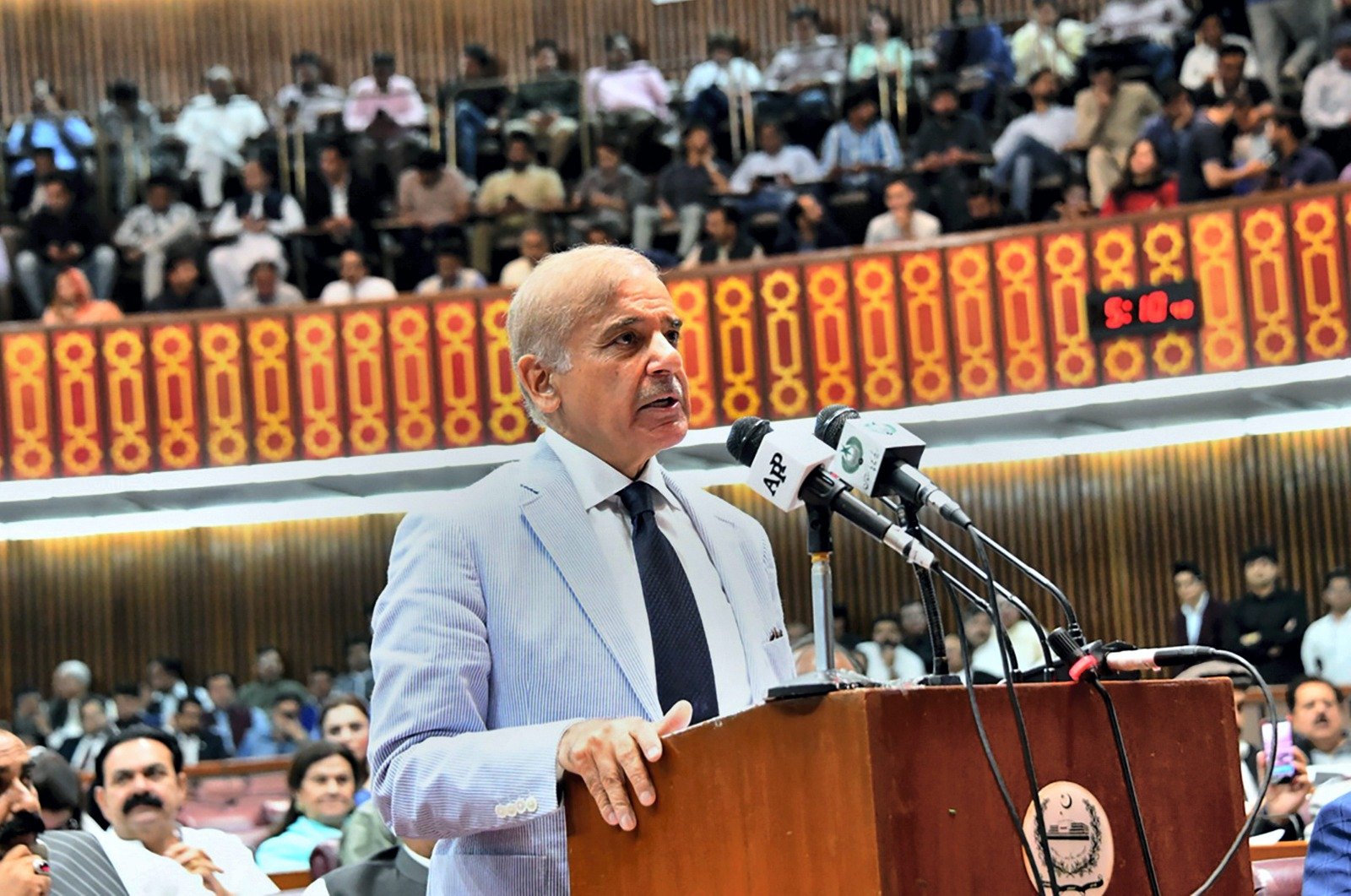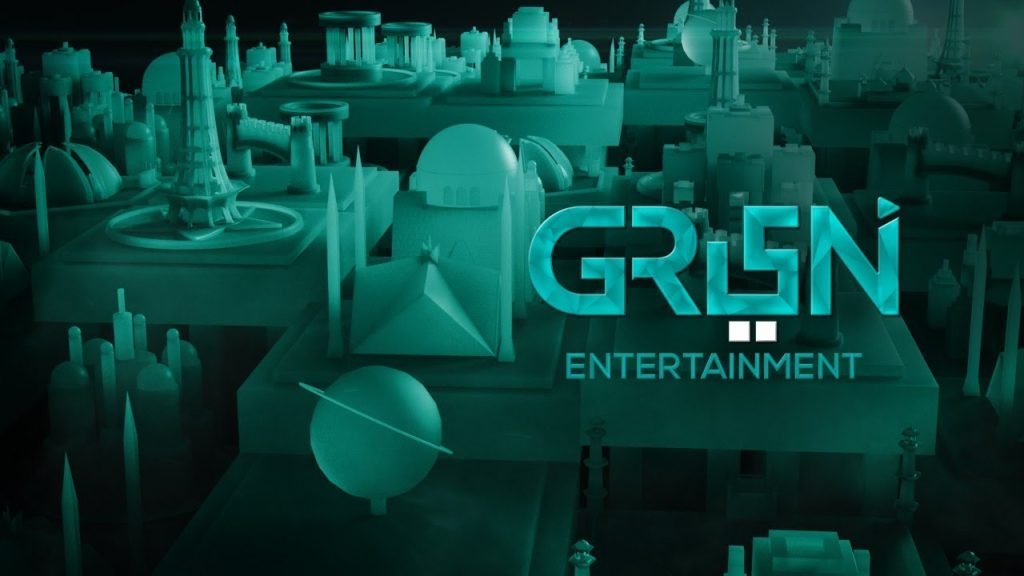Information Minister Announces Decision to Ban PTI in Principle

The announcement of a potential ban on the Pakistan Tehreek-e-Insaf (PTI) by the current government, as stated by Information Minister Attaullah Tarar, has sparked widespread debate and controversy in Pakistan’s political landscape. The decision, according to Tarar, stems from allegations against the PTI regarding their involvement in the May 9 events and supposed attempts to disrupt Pakistan’s negotiations with the International Monetary Fund (IMF).
Government’s Stance
- Consultations with Allies: The government has reportedly engaged in discussions with coalition partners such as the Pakistan Peoples Party (PPP) and Muttahida Qaumi Movement-Pakistan (MQM-P) to garner support for the ban. Tarar emphasized that there is significant public backing for the move, as the PTI and the country’s interests are seen as incompatible.
- Legal Measures: The government plans to undertake legal proceedings to enforce the ban, suggesting that thorough “consultations and relevant legal homework” are being carried out. Tarar also mentioned that treason charges might be filed under Article 6 of the Constitution against PTI leader Imran Khan, former President Arif Alvi, and former National Assembly Deputy Speaker Qasim Suri.
Opposition and Criticism
Despite the government’s assertions, the announcement has received criticism from various political figures and parties:
- Internal Opposition from PPP: Although the PPP is a key ally of the ruling Pakistan Muslim League-Nawaz (PML-N), several of its leaders have openly criticized the move. Notable figures such as Farhatullah Babar labeled the decision as “absurd,” and other leaders, including Senator Sherry Rehman and Information Secretary Shazia Atta Marri, voiced discontent about not being consulted.
- Democratic Norms: Raza Rabbani, a former Senate chairman, argued that banning a political party contradicts democratic principles. The notion of barring a political entity goes against the spirit of democracy, raising concerns about the implications of such an action.
- Awam Pakistan’s Standpoint: Shahid Khaqan Abbasi, the former prime minister and a senior leader of the recently formed Awam Pakistan party, also opposed the ban, emphasizing the need for political discourse rather than exclusion.
- Human Rights Concerns: The Human Rights Commission of Pakistan (HRCP) and international bodies like the US State Department have expressed apprehensions about the potential ban, highlighting concerns over human rights and democratic freedoms.
Potential Impact and Implications
The decision to potentially ban PTI reflects a deepening political divide within Pakistan. If executed, the ban could have far-reaching consequences:
- Legal and Political Ramifications: Implementing such a ban might lead to prolonged legal battles and create political instability. It could set a precedent for using legal mechanisms against political opponents, further polarizing the political environment.
- Public Reaction: The public’s response could vary widely, potentially leading to protests or unrest among PTI supporters. Given PTI’s significant following, any move to ban the party might provoke a strong backlash.
- International Relations: The decision could impact Pakistan’s international standing, as foreign governments and organizations may view the ban as a step away from democratic norms, affecting diplomatic relations.
- Impact on Upcoming Elections: With elections on the horizon, the move might influence electoral dynamics. A ban on PTI could alter the political landscape, affecting alliances and voter behavior.
The decision to potentially ban PTI is fraught with complexity and controversy. While the government insists on its “principled” stance, the opposition’s criticism highlights the challenges and implications of such a drastic move. As the situation develops, it will be crucial to observe how political parties, legal institutions, and the public navigate this contentious issue. The balance between maintaining political stability and upholding democratic principles will be a key factor in shaping Pakistan’s political future.










